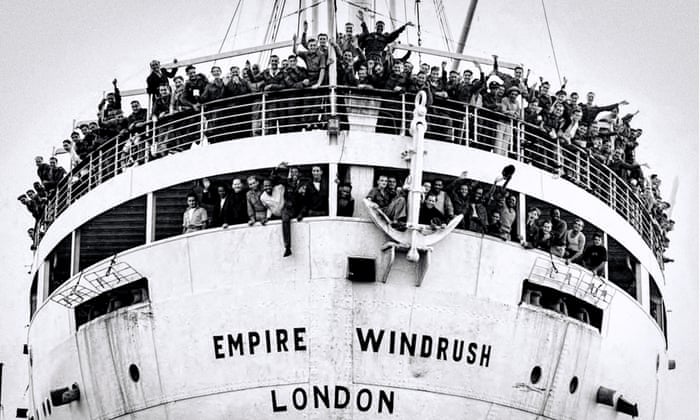After WW2, Britain was in need to be rebuilt due to the bombings during the Blitz, as well as the large scale loss of life. In 1948 the British Nationality Act was passed which allowed individuals living in the colonies and dominions to have a British Passport. This was passed in order to stimulate migration into the United Kingdom in order to rebuild the country. Empire Windrush arrived at Tilbury Docks in London in the same year, carrying over 400 passengers, many of whom were Jamaican looking to contribute to the British homeland. Even though the reason why the Huguenots arrived in England in the 1500s and 1600s was as a result of persecution at the hands of Catholic France, the Huguenots are similar in the fact that they arrived to England also looking to contribute and have a positive impact. For example, the Huguenot contributed to glass making in England and became established clock makers bringing their expertise. This is similar to Jamaican migration, as the Jamaicans contributed to the post-war economy, helping Britain to rise up from the terrors of war. Thus even though their motives are different, the consequences of their arrival is similar.
As well as this, another similarity is that both the groups were initially wanted by the British. For example, the Huguenots were Protestant, and moved as a result of the St Bartholomews Day Massacre, as well as the tearing up of the Edict of Nantes, which had allowed previous religious freedoms. Persecution at the hands of Catholic France pushed the group to England, however as England was protestant they were welcomed with open arms, as a part of a wider war of religions. This is similar to the Jamaicans, as the British government made it possible with the 1948 Act for nationality to be achieved, thus legalising the migrants. Even though in later years, Jamaicans suffered persecution in Britain with racist language and attitudes, the government welcomed with open arms, albeit for an ulterior motive. This makes both groups similar, as both were welcomed and were part of a wider reason.

